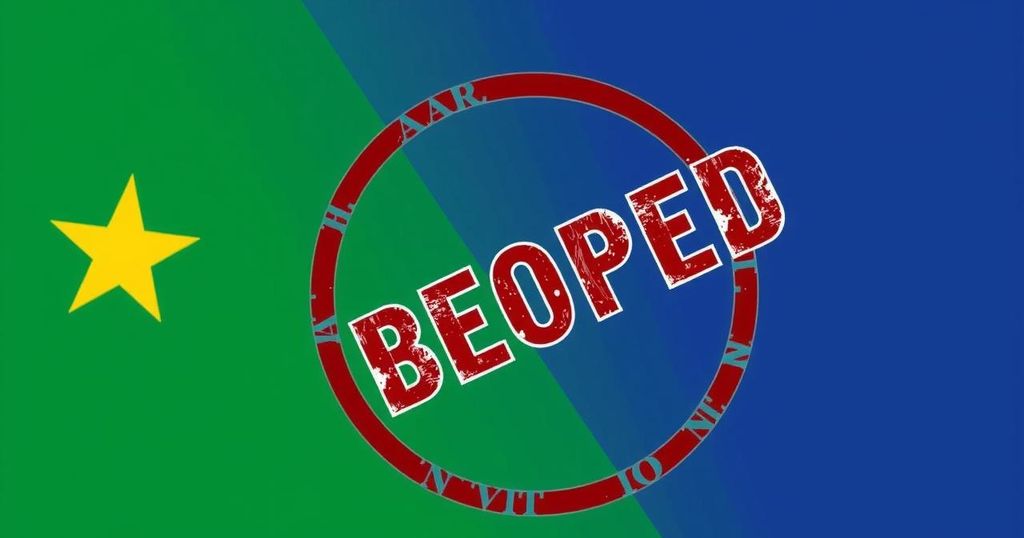The UN Special Representative for South Sudan has lamented the extension of the transitional period and the postponement of elections to December 2026, expressing concerns about ongoing political stagnation and societal frustration. He urged South Sudan’s leaders and the international community to prioritize compromises necessary for peace, as challenges such as violence, hunger, and disease outbreaks continue to impact the nation significantly.
On Thursday, the UN Special Representative for South Sudan, Nicholas Haysom, addressed the Security Council, expressing concern over the recent postponement of elections in South Sudan. Originally slated for next month, the elections have been postponed to December 2026, with the transition period now extended to February 2027. Haysom noted that this development is regrettable, voicing frustrations felt by the South Sudanese populace due to the stalled political progress and unmet promises of democratic transition since the country’s independence. South Sudan gained independence in 2011 but faced immediate conflict in 2013 between factions loyal to President Salva Kiir and Vice President Riek Machar. The 2018 Revitalized Peace Agreement aimed to restore stability, yet its implementation remains inconsistent. In the wake of the electoral delay, Haysom highlighted the necessity for political leaders to reach compromises and fulfill the benchmarks established by the Peace Agreement, as stagnation will further disenfranchise citizens. As negotiations proceed, Haysom has been engaging diverse stakeholders, including civil society and international partners, to foster political dialogue and a unified approach toward peace. He emphasized the urgency of addressing tasks such as preparing for voter registration and ensuring civic education to promote active citizen participation in governance. The envoy underscored that the current efforts are rooted in the South Sudanese people’s strong desire to govern their nation. In addition to the political challenges, Haysom also reported an increase in local violence coinciding with the end of the rainy season, particularly in Upper Nile, Central Equatoria, and Warrap states. The impact of ongoing violence, combined with extreme weather and humanitarian needs, complicates recovery efforts in South Sudan, further straining resources amid a looming humanitarian crisis. The influx of refugees from Sudan only exacerbates these difficulties, as South Sudan continues to grapple with rising hunger and disease outbreaks linked to the conflict in its neighboring country.
South Sudan, the world’s newest nation, declared independence from Sudan in 2011. However, political strife quickly ensued, leading to a brutal civil war in 2013 that resulted in extensive loss of life and displacement. The 2018 Revitalized Peace Agreement was intended to restore peace and implement democratic governance. However, the implementation process has faced significant setbacks, contributing to political paralysis and widespread discontent among citizens. With elections initially scheduled for next month, the recent delays signal continued challenges in realizing the peace and democratic principles promised to the South Sudanese people.
The postponement of elections in South Sudan remains a significant setback against the backdrop of ongoing political strife and societal frustrations. Nicholas Haysom’s address highlights the imperative for South Sudan’s leaders to actively engage in substantial compromises to fulfill the commitments of the Revitalized Peace Agreement. The international community’s involvement is crucial in supporting South Sudanese efforts towards sustainable peace and equitable governance, particularly as humanitarian crises continue to loom.
Original Source: news.un.org






